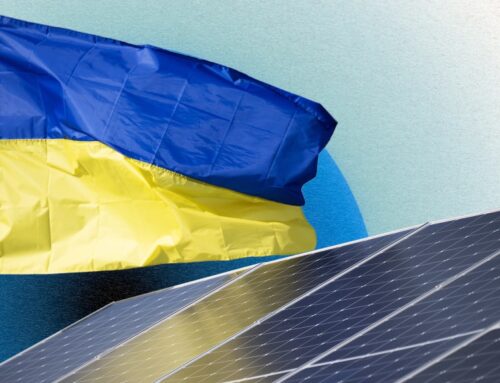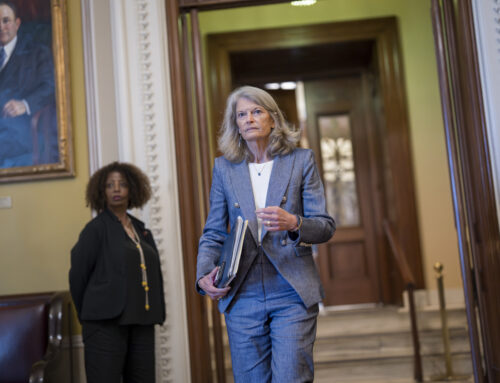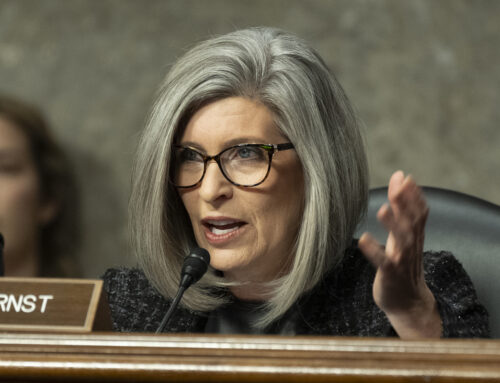Of Course Jeff Bezos Got Married in Venice
June 30, 2025
The Gritti Palace was built in Venice in 1475, with no expense spared. Its chandeliers are made of handblown Murano glass, its bathrooms of polychrome Italian marble. Its terrace looks out over the Grand Canal onto a domed basilica. For years, it was home to Venetian nobility, but now it’s a luxury hotel, where suites can cost €14,000 a night. Last weekend, it was booked solid by a new kind of nobility, in Venice for a new kind of no-expense-spared spectacle: the wedding of Jeff Bezos, the Amazon founder and fourth-richest man in the world, and Lauren Sánchez, a former TV presenter.
The Trumps have Rome; the Bezos-Sánchez family, apparently, has Venice. In at least one way, the city is an apt wedding venue for one of this era’s most successful merchants. It’s an archipelago of sandy islands in shoal waters that, largely thanks to Venice’s placement at the head of the Adriatic, became one of the Mediterranean’s dominant ports and one of civilization’s first centers of global commerce, through which the world’s spices, silk, fur, and jewels flowed for centuries. It was, in other words, a city that became important not because of what it made but because of what you could buy there, the beneficiary of right-place-right-time magic that someone like Bezos might today call synergy.
For many years, it was one of Europe’s richest cities, defined by its ostentation and swagger, the spoils of all that wealth: mansions filled with art, basilicas filled with stolen artifacts, marble and gold everywhere you looked, impossible magnificence rising from unstable ground. Today, Venice’s primary industry is tourism, and its primary export is its own mythology. The Renaissance-era tradesmen are long gone; in their place are people there to gawk at what the Renaissance-era tradesmen bought. Modern Venice is “an amusement park,” as the historian Dennis Romano, who recently wrote a book on the city, told me. It’s a living museum of obscene wealth. It’s whatever the opposite of quiet luxury is. It’s big and literal, unapologetic and unrestrained, a type of old-world vulgarity newly back in style, at least among people so powerful that they don’t need to care about taste. (Should Ivanka Trump, a wedding guest, have happened to look up while killing an afternoon at the Gallerie dell’Accademia this past weekend, she might have recognized something: The gold-leaf ceiling in the living room at Mar-a-Lago was explicitly modeled after one at the art museum.)
The wedding festivities began with a foam party on a $500 million superyacht, continued with a welcome event at a church whose walls are lined with Tintorettos, and culminated with a Friday-night ceremony on the same secluded island where the G7 once met. The Gritti and other high-end hotels were filled with guests including Leonardo DiCaprio, Oprah Winfrey, and several Kardashian/Jenner sisters. Estimates have placed the cost of the whole event at somewhere possibly far north of $20 million. If the vibe of the wedding was, at least to some observers, tacky, that’s beside the point. Venice is rich—world-historically rich, one of the richest places money can buy. It’s a place where even the bathrooms are exquisite, where every square inch is drenched in beauty, where a wedding guest or a former TV news anchor can feel like royalty. Of course Bezos and Sánchez wanted to marry there.
Still, there’s something funny about it all: a couple whose wealth is derived from modern convenience tying the knot in a place so thoroughly, proudly antiquated; Bezos, a man responsible for unleashing thousands of delivery vehicles onto American streets, getting married in a city with no cars. Sánchez recently climbed into a rocket ship and flew to the edge of space, but for one of the most important days of her life, she chose a city where the most efficient way to get around is to hire a guy in stripes to locomote you using a method that has existed since before Jesus was born.
Venice is now a sinking place, a place being destroyed by modernity and consumption—pollution, climate change, mega-tourism. Moto ondoso—“wave motion”—from large boats is eroding the centuries-old foundations of the city’s buildings. Venice has about 20 million tourists a year, and fewer than 50,000 annual residents. Many of those in town protested the Bezos-Sánchez wedding: They papered over the city’s ancient stone walls with flyers suggesting that Bezos leave, sent effigies of him floating down the canals, and unfurled a massive banner that read, If you can rent Venice for your wedding you can pay more tax. Romano predicts (as do I) that the wedding and its attendant publicity will likely just drive more tourists to the city. Everyone, after all, loves an amusement park—especially people with plenty of money to burn.
When you buy a book using a link on this page, we receive a commission. Thank you for supporting The Atlantic.
Search
RECENT PRESS RELEASES
Related Post





